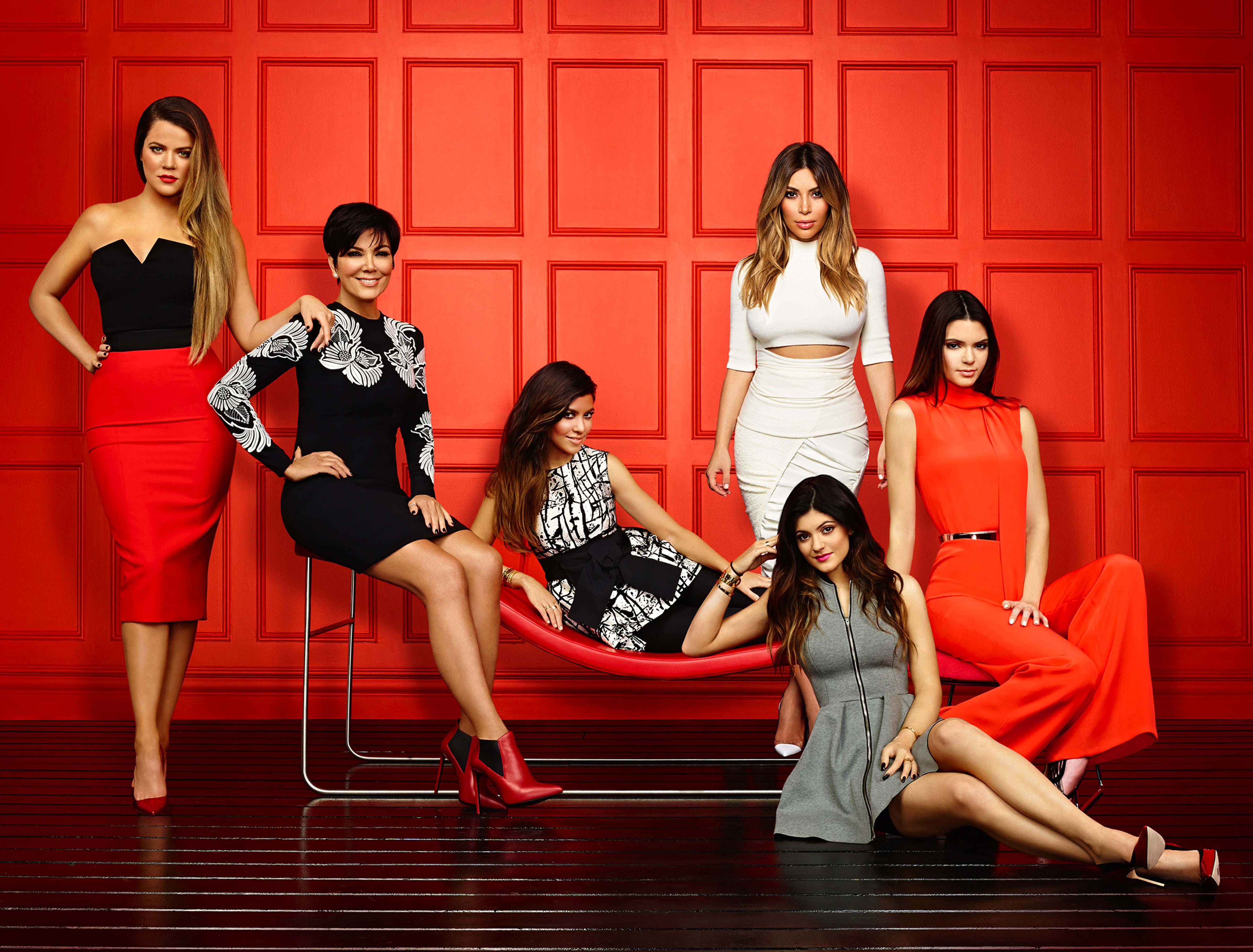Conor Scully
Staff Writer
Reality television is the Marmite of our generation. Many people dismiss shows like Keeping Up With the Kardashians or Beauty School Copouts as “vapid” or, as my sister-in-law says, “tripe that literally make me feel more stupid after I’ve watched them”. Yet for all the nay-sayers there are people, like me, who genuinely care more about Charlotte-Letitia Crosby (a cast member of Geordie Shore, famous for her lack of bladder control) than Crimea or what I call “that whole North Korea thing”. While this is unequivocally a bad thing, reality still TV does have a lot going for it.
At a basic level, people enjoy watching TV. When I watch Charlotte urinate on a couch, and see her fall asleep, I laugh, I’m happy. In season three of The Hills, Lauren famously – famous to reality TV fans at any rate – says to Heidi after a prolonged spat: “the only thing really that there is to do is forgive and forget. So I really do. I want to forgive you, and I want to forget you”. My response is to scream “SLAAAAAAAY” at my TV then use that line on all my friends for the next week. I think I’m hilarious, I’m happy. It’s somewhat similar to the superficial enjoyment we get from pop music. Work Bitch by Britney Spears probably hasn’t affected my life in any meaningful way, and it probably won’t be me and Dane Dehaan’s first dance at our wedding. But that doesn’t stop me from going wild when it’s played in the club and yelling “YOU WANNA HOT BODY?” at my friends. Reality TV provides moment-to-moment satisfaction for us, and that’s to be welcomed.
“What these critics don’t realise is that often these shows are an implicit rebuke to the very lifestyles they portray. While there are numerous shots in a typical episode of Geordie Shore of the cast dancing drunkenly, there are also as many shots of the aftermath.”
People who are too busy reading newspapers and discussing politics generally characterise reality TV shows in a certain way. Their view is that reality TV shows are full of “common” people with low IQs, who either spend their days shopping and drinking coffee (Kardashians, The Hills), or drinking too much and going out and getting sick (The Valleys). This, to some extent, is fair. But what these critics miss is that these shows examine deeper issues. A popular opinion of those who dislike reality TV is that it glamourises or encourages an unhealthy lifestyle. This view was brought up in Dail Eireann two years ago in relation to Tallafornia. The people who watch these shows – stupid people, if we are to believe the haters – are nothing but sponges who absorb everything they see on TV, and end up imitating it. They see Carley from The Valleys drinking three bottles of wine, and naturally they do the same.
What these critics – who probably haven’t watched any of the shows they criticise – don’t realise is that often these shows are an implicit rebuke to the very lifestyles they portray. While there are numerous shots in a typical episode of Geordie Shore of the cast dancing drunkenly, there are also as many, if not more, shots of the aftermath. We are shown the hangovers, the vomit and, more than once, the soiled underwear. We hear cast members talking about how embarrassed they are at having done something stupid while under the influence. We see how relationships are soured by drunken remarks. It is incorrect to say that to present something is the same as endorsing it. No one who has watched Geordie Shore would want to live like the cast members – not after seeing all the terrible things that happen to them.
By sticking a group of people into a house together and recording them round the clock, Geordie Shore (my favourite show if you haven’t guessed) acts as a lens through which we can examine personal interactions. We watch as normal daily activities – things as small as sharing a couch or cooking a meal together – evolve into real relationships. We also see how relationships break down. This does not necessarily have to involve huge shouting matches (which, though probably scripted, are still based on real feelings). Instead, it’s the little things we experience ourselves – a dirty look, a roll of the eyes, dancing away from someone in a club – that can begin to fracture a dynamic with someone. An insight into such minutiae is only to be found on reality TV – Big Brother being an extreme example of this. This can’t happen in movies or on other TV shows – they don’t have the time to maintain a leisurely pace (though fans of Mad Men might dispute this). Essentially, “reality” TV (to use the sarcastic quotation marks often favoured by the naysayers) gives us the most realistic depiction of how we interact with others. It is a brilliant social experiment. There are many lessons to be learned from these entertaining shows. But they are lessons that many people are determined never to learn so that people like me, who love them, will probably always be made fun of for doing so.






